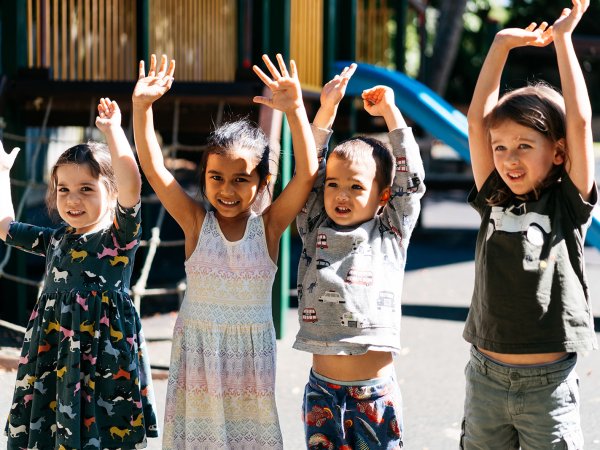Enrolment FAQs
Head over to the enrolments tab on our website and fill in the online application form.
Once your application has been received, our Enrolments Registrar will be in touch to confirm receipt and to explain the next steps in the enrolment process.
The first payment required is our Application fee. You are prompted to pay this fee when submitting your child’s application. Once an enrolment offer is made to the family, the payment of a Placement fee is required to secure your child’s enrolment at Northside Montessori School.
Northside Montessori School is a small, tight knit community. Our enrolment interviews are a relatively relaxed, with a purpose of getting to know our prospective families better.
We strongly encourage families to book a campus tour prior to applying for an enrolment position at the School. This enables families to explore our community, get a sense of who we are, and if it is the best fit for their child to thrive.
Northside Montessori School uses the Audiri App as their main channel of communication with exisiting families. In addition, we provide valuable information on our website as well as in our weekly Newsletter. We ask families to maintain their contact details up to date with the school, at all times.
Eligible families can claim all tuition and out of school hours fees for a 3 and 4 year old. For children in our Primary School, eligible families can claim CCS on their OOSH fees.
Our preschool children attend school 5 days a week. Their core teaching hours are 8.30am to 11.45am, however we have additional OOSH programs available for our preschool students to extend their days from 7.30am to 6.00pm during term time.


